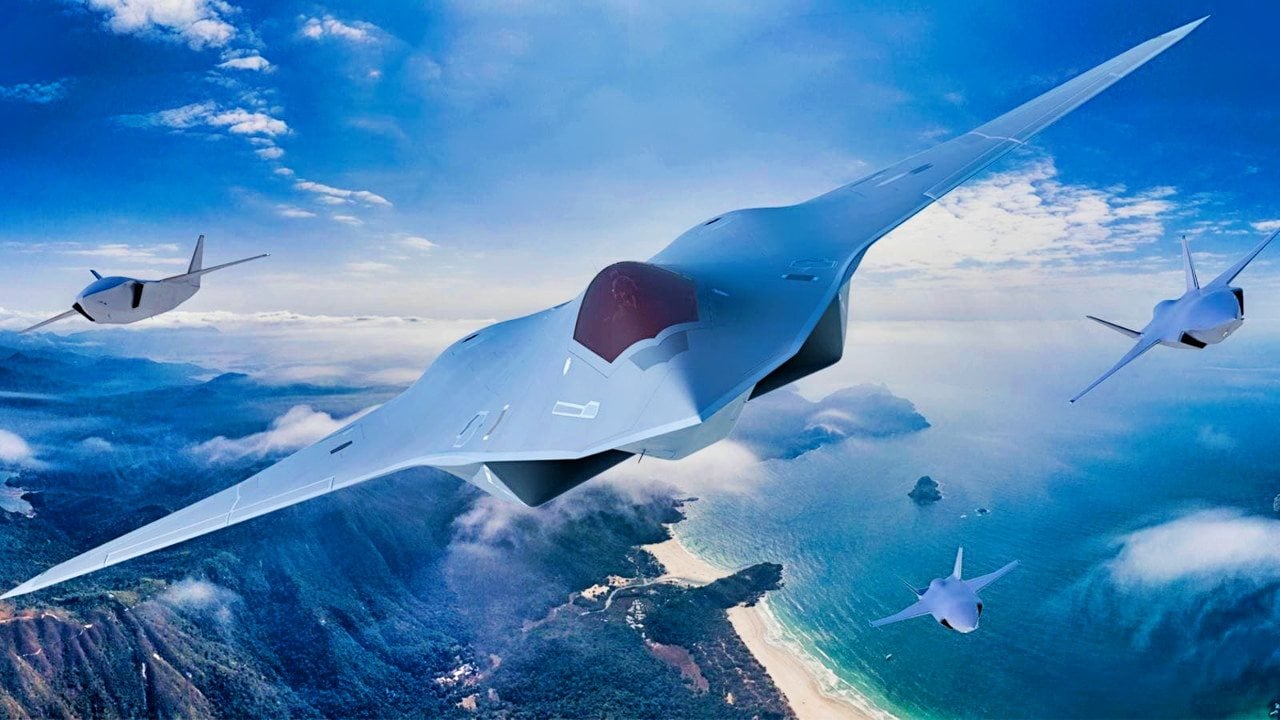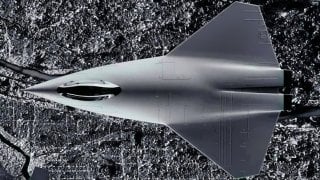The Air Force's NGAD Fighter Mistake Will Be Costly
The U.S. military’s procurement system, particularly the stalled Next Generation Air Dominance (NGAD) program, exemplifies the broader failure in modernization, plagued by delays, budget overruns, and unmet expectations.
And there, perhaps, is the crux of the issue: for too long, the perfect has been the enemy of the good - enough in the Pentagon, and practical modernization has been repeatedly postponed in order to come up with better and more “efficient” solutions at some time in the indefinite future. Consequently, everything is staked on the unmitigated success of a few ambitious programs, which almost invariably arrive late, underperforming, and over budget. Hence the Navy’s “incremental” approach to an anti-surface warfare requirement which was supposed to be “urgent” in 2008; the replacement of just about every component on what was supposed to be an off-the-shelf frigate, the shocking delays incurred in the construction of a (not actually all that impressive) aircraft carrier, the interminable problems with the one-size-fits-all F-35, and the general malaise of just about every other major program that is supposed to be dealing with the “pacing threat.”

And now, there is no new fighter - which we probably did actually need. It didn’t need to be perfect - it didn’t need to be future-proofed for the next thirty years, or seamlessly integrated with every other system, or (for crying out loud) self-aware; it just needed to be significantly better than what we have now, better than what the Chinese have now, and produced in quantity at some time in the next decade. Was that really too much to ask?
About the Author:
Ben Ollerenshaw specializes in nuclear strategy and strategic studies in the International Security program at Macquarie University, Sydney, Australia. [email protected]
This article was first published by RealClearDefense.


